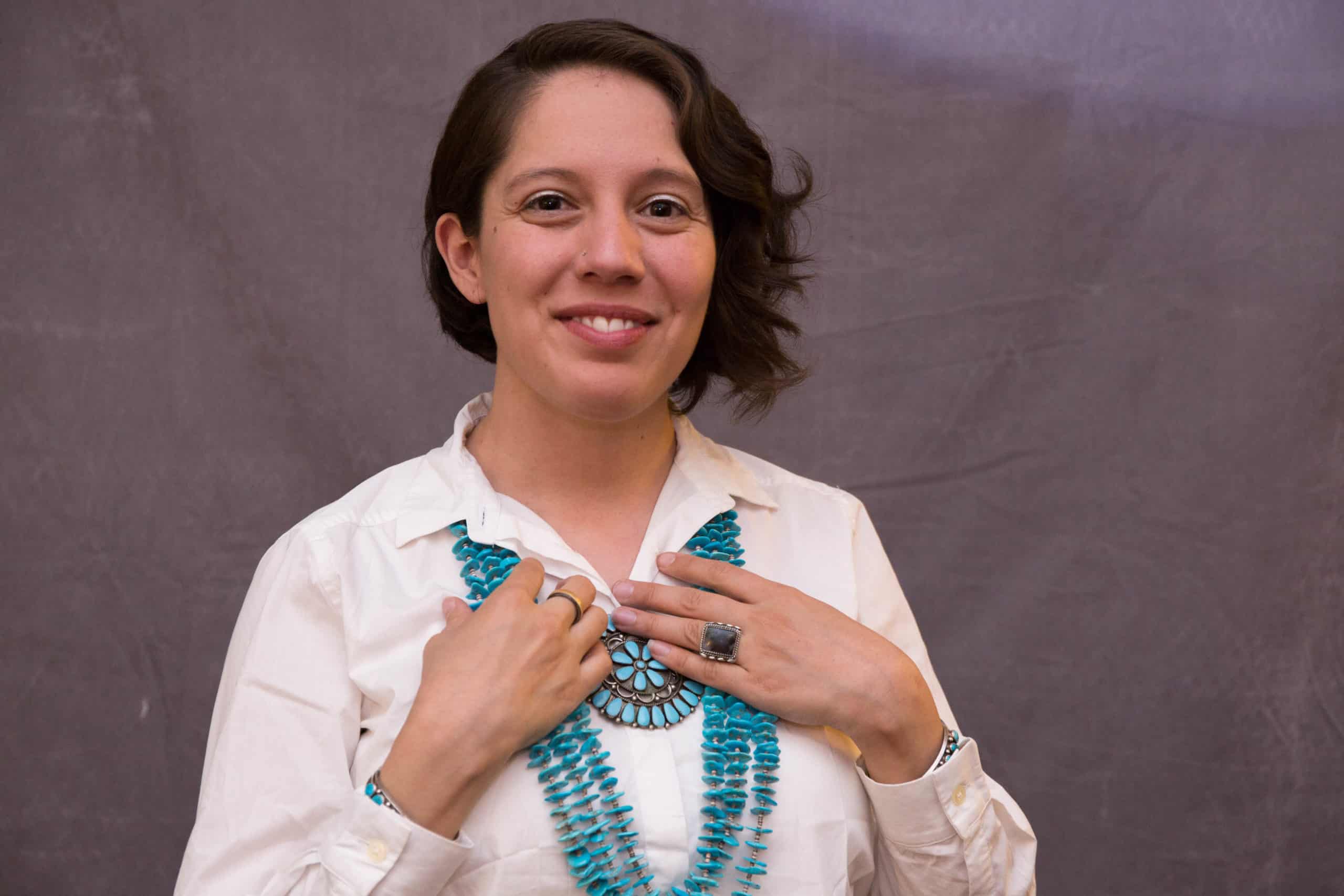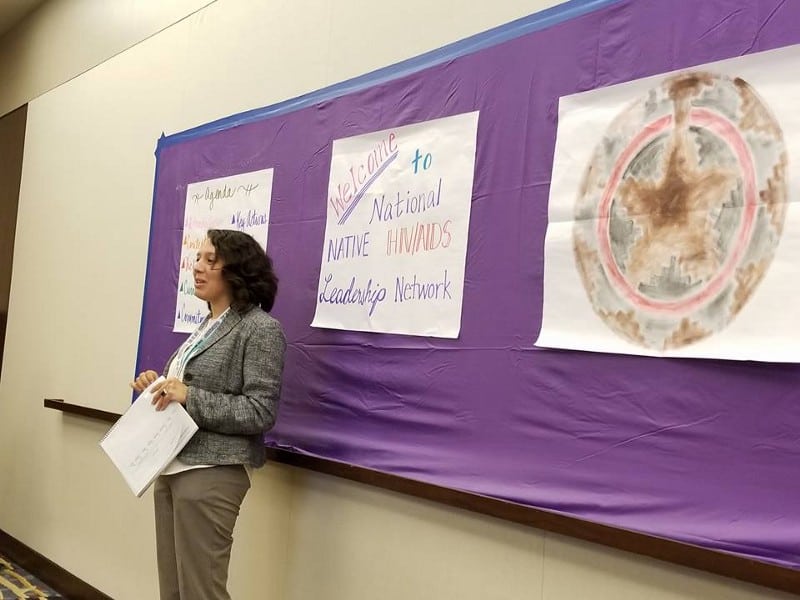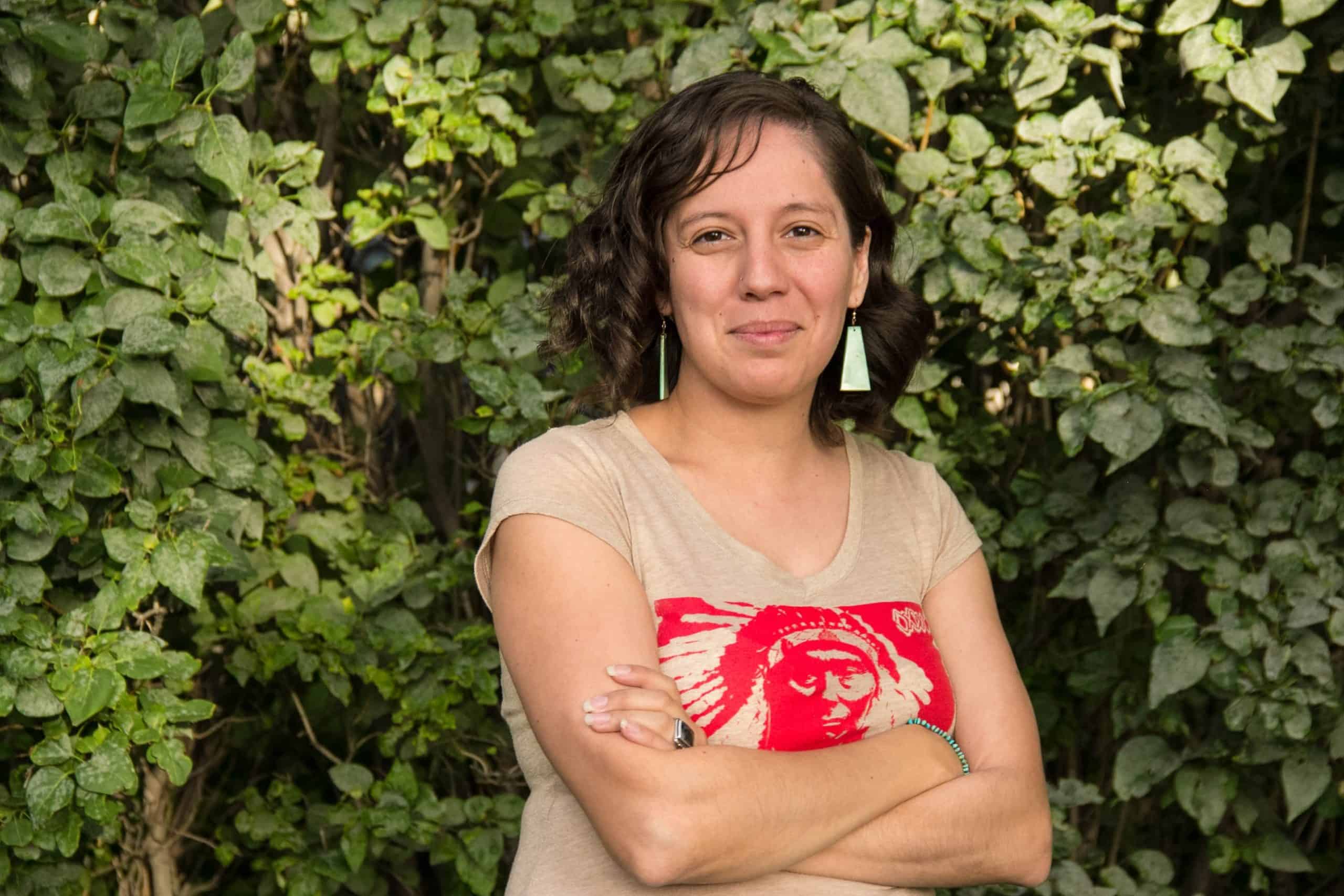This website uses cookies so that we can provide you with the best user experience possible. Cookie information is stored in your browser and performs functions such as recognizing you when you return to our website and helping our team to understand which sections of the website you find most interesting and useful.
HIV continues to be a major global public health issue, having claimed more than 35 million lives. In 2016, 1 million people died from HIV-related causes globally, according to the World Health Organization.
With more than three decades of work in HIV, JSI and our partners engage communities to reduce new infections, increase access to continuous treatment and services, address stigma and discrimination, and reduce health inequities.
JSI’s staff are committed to providing evidence-based, context-specific services that respond to locally-identified needs. Follow along to learn how JSI’s Folami Harris and Hannabah Blue are working to prevent HIV among vulnerable populations in the United States and around the world.
Reducing the incidence of HIV infections in adolescent girls and young women living in sub-Saharan Africa
Girls and young women account for 74 percent of new HIV infections among adolescents in sub-Saharan Africa, according to a report by PEPFAR.
Through the DREAMS Innovation Challenge (DREAMS-IC) project, funded by PEPFAR, project director Folami Harris focuses on helping girls become Determined, Resilient, Empowered, AIDS-free, Mentored, and Safe women.
We have a very hard time convincing our audiences that girls deserve unique, focused attention.” – Folami Harris
Listen to the interview of Folami Harris on Voices of Public Health, the JSI podcast, where she explains the importance of focusing unique resources and attention on girls.
Listen to the full interview with Folami Harris.
Through their 46 in-country partners, DREAMS has helped reduce new adolescent HIV and AIDS cases in focus countries by 25 to 40 percent and has impacted the lives of many girls and women, like Rose Angela. Rose Angela, a student who lives in Kenya’s Kangemi slums, would often miss school during her menstrual cycle due to the lack of sanitary napkins. Consequently, she fell behind in her classes.
Through DREAMS-IC grantee, CMMB, Rose was provided with reusable sanitary towels, which she says have changed her life. “I feel relaxed and confident because Afripads are comfortable, and I am able to attend classes even during my menstruation,” she adds.
In addition to supplying pads, CMMB provides a mentorship program. As a result of the mentorship, Rose was able to help a friend who was being repeatedly abused by her father. The DREAMS mentors taught Rose and the other girls in the program about reporting procedures, so Rose was able to take immediate action. “I took [my friend] to the local chief and explained what was happening and why it was wrong,” she said. “My friend got help and is now back in school.”
Through the program, Rose has gained confidence because she has learned how to make informed decisions and avoid peer pressure. Today, Rose is focused on becoming a lawyer so that she can help other girls living in the slums. “I will work on the rights of women and the girl-child,” she said.
Bringing Attention to HIV and AIDS in Native American and Tribal Communities

JSI’s Hannabah Blue participated in the Traditional Attire Fashion Show at the Circle of Harmony conference. Blue doned clothes representing her Navajo roots.
Even though the numbers of HIV diagnoses among American Indians and Alaska Natives represent less than 1% of the total cases in the United States, when population size is taken into account, rates are higher than those reported for whites, according to a report by the CDC.
As a Diné (Navajo) from Kirtland, New Mexico, who grew up on and near the reservation, Hannabah Blue knows first-hand how tribes and people are affected by structural issues. Hannabah, a consultant at JSI, is passionate about and dedicated to working on race and social justice issues in health, particularly those affecting queer people of color and Native and Indigenous communities.

Hannabah works on the Capacity Building Assistance for High-Impact HIV Prevention to Community-Based Organizations (CBOs) in the U.S. (CBA@JSI) project. CBA@JSI is available to CBOs – including those serving Spanish-speaking and Native American communities – providing HIV prevention services in the U.S. CBA@JSI helps organizations support the HIV care continuum, carry out activities that align with high-impact HIV prevention, and navigate the changing healthcare environment.
Through this project, Hannabah provides assistance to CBOs nationwide. She is also currently working with several national organizations to establish a “National Native HIV and AIDS Leadership Network.” This Network will address the current gap and need for Native and Tribal HIV organizations throughout the country to have a collaborative space to identify and promote needs, provide support to each other, and have a unified voice in pursuit of healthy Indigenous people and communities.

Previously, there were CBA providers that were Native-specific, but there are no longer any currently supported by CDC. This lack of providers has been cited as a gap in helping to bring resources, national attention, and coordination to Native American and Tribal communities. Being with CBA@JSI, it has been great to have this role again to help bring focus to the epidemic in Tribal and Native American communities.” – Hannabah Blue

